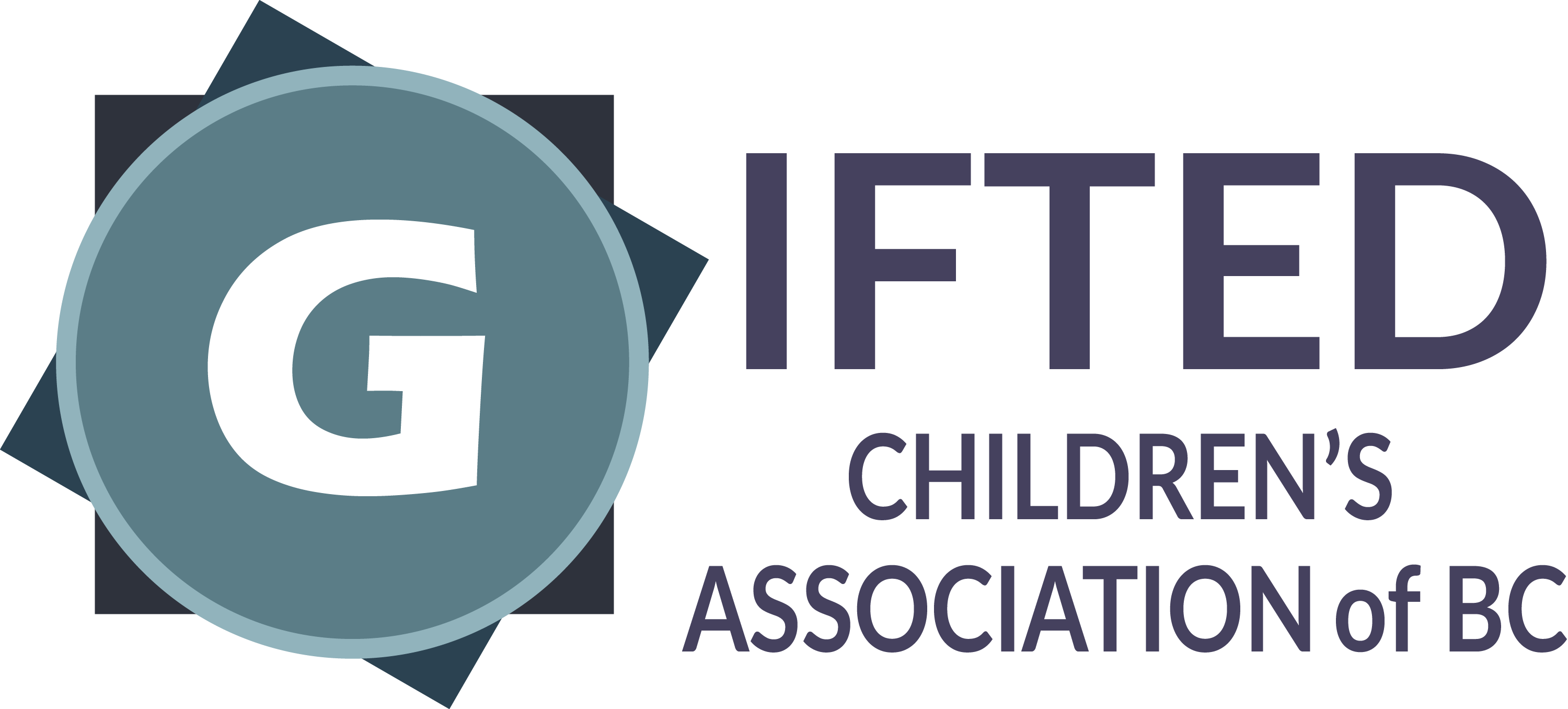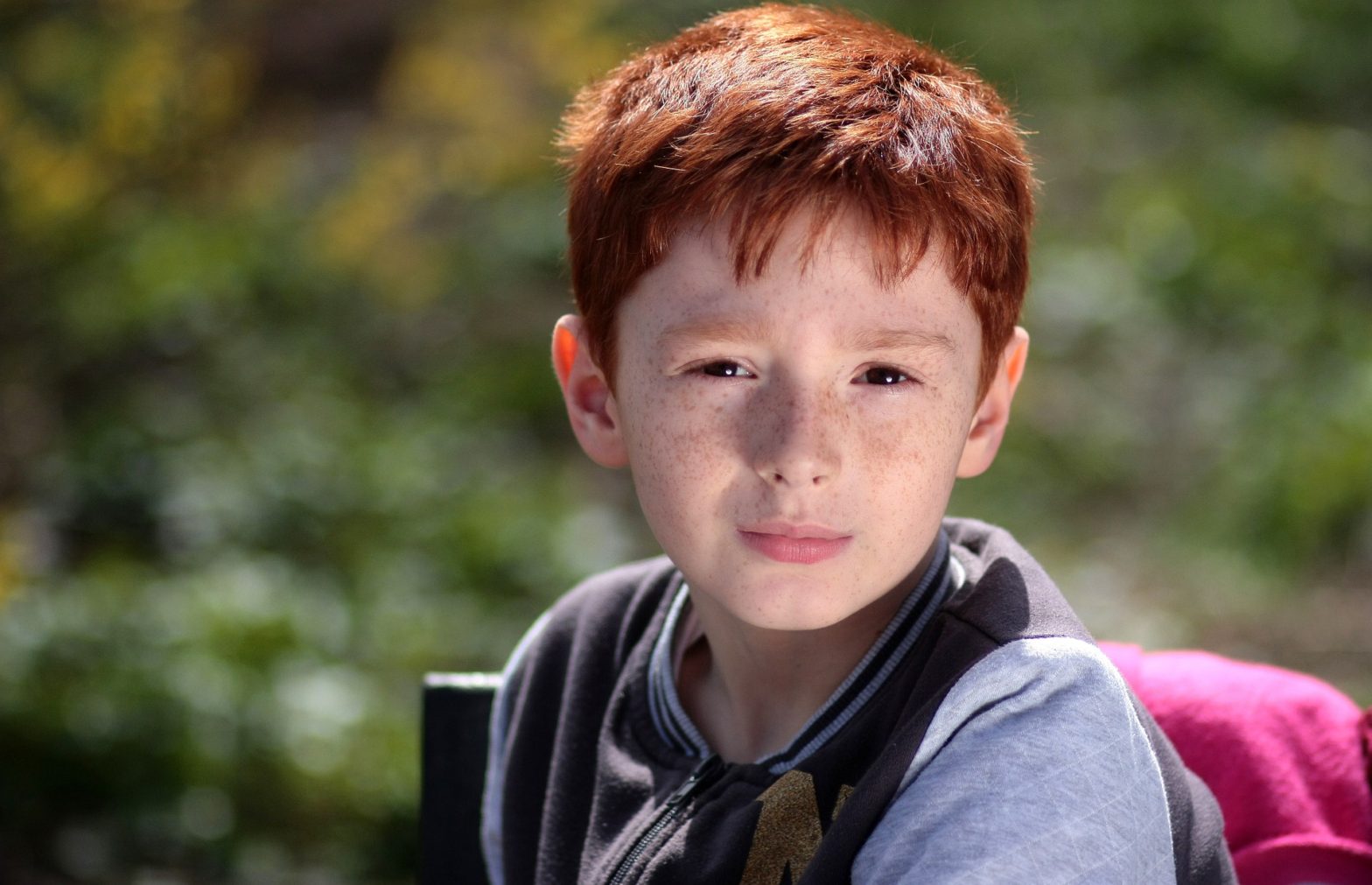by Betty-Jo Gillett MA
It’s the beginning of a new school year and depending on your previous years’ experience, you may feel anxiety, excitement, or even trepidation over the new challenges this year will bring for you and your ‘gifted’ child. What will their new teachers be like? Will they understand ‘gifted’ as a special need? Will the teacher be a partner or an adversary?
As the parent of a profoundly gifted 2e (twice exceptional) child, I spent many years advocating for him in the public school system. The partnerships I built with many educators over the years richly enhanced my son’s learning opportunities. In this article I’ll share what I personally learned about building collaborative relationships with educators.
Language can build bridges, or more often, it can build barriers. Unfortunately, the word “gifted” is loaded language for many people. There is a very real lack of understanding as to what this word means in an educational context. When you lead a parent teacher meeting with the words “I need to meet with you to discuss my ‘gifted’ child”; you often open yourself up to hearing the “every child is gifted” line; or the teacher thinking “Oh no, here’s another one of those parents who thinks their kid is gifted”.
It’s essential to understand most teachers are not trained in ‘gifted’ education, and they may not be familiar with language used by the gifted community. It’s more important to find common ground than try to convince or ‘educate’ teachers that your child is special. For example, I’ve found it more productive to say, “I have a high ability learner and would like to discuss how we might work together to keep them engaged in your classroom”. This subtle change in language can set a completely different tone to the conversation. While it may be more challenging to work with someone who doesn’t fully understand the word ‘gifted’; it’s still possible to partner with them for the benefit of your child.
Be gracious and patient and remember that collaborative language promotes partnership.
Timing is Everything. Arrange an appointment so that you can be heard without distractions. Spontaneously approaching a harried teacher at the end of a busy day and expecting their full attention is unrealistic. Respect the teacher’s time and need to prepare by setting an appointment and arriving well-prepared to discuss your concerns.
Invitation to Partner. “I’d partner with my child’s teacher… if they would just do everything, I tell them to…”
Ask, don’t tell. I’ve seen too many parents approach teachers with a chip firmly planted on their shoulder. Most people respond to an adversarial posture in kind. Instead, I suggest inviting the teacher to offer what they are willing to do for your child. Share what you are willing to offer to support them in this effort and in learning more about your child. Partnership takes trust. If you insist on ‘dictating’ what the teacher ‘should’ be doing, don’t be surprised when the response is
a wall going up. How you deliver your message is just as important as the information itself.
Choose Your Battles. Don’t expect the school to be the ‘be all and end all’ for your child’s educational needs … parents must be committed to providing enrichment at home. Yes, there will be things your child is asked to do at school that you will think are ridiculous, redundant, boring or just a plain waste of time. This happens in real life outside the school walls too! Choose your fight and don’t make everything a battle… learning to deal with some mundane tasks builds resilience and understanding in your child. There will be times in life you have to do things that don’t make sense and aren’t engaging; but you do them in order to move on to the more interesting work.
By not always engaging in conflict with your child’s teacher, your opportunity to build a productive relationship increases so that when you do need to ‘advocate’ for something important, the trust is there to discuss the concern respectfully.
Demonstrate Empathy. Many teachers have between 20-30 students in their classrooms. With the number of special needs children in today’s classrooms teachers can be overwhelmed by parents’ expectations that they be an expert on every special need in the student population. Setting the tone for the year by giving the teacher time to get to know your child and settle into a routine, before approaching them with your requests, demonstrates that you respect their need to interact with their students before being able to commit to adaptations.
Master Your Story. The reality of today’s classrooms is that there are many demands placed on teachers which are beyond just being educators. The bottom line is that it is your child who is in the classroom with the teacher all day, not you. Building a respectful and collaborative partnership can mean accepting that everything on your ‘wish’ list may not be possible; however, that said, we have been pleasantly surprised by the amount of support we’ve received from many generous teachers over the years.
Accept ‘graciously’ those teachers that won’t work with you. There is no point battling with someone who isn’t interested in doing what they may perceive to be ‘extra work’. It’s more important to put your time and energy into keeping your child happy for that year by engaging them in other ways, rather than trying to ‘convince’ or ‘wear down’ the uninterested teacher.
Say Thank You. With busy lives, and demanding children, it’s easy to forget to take the time to express thanks. A sincere thank-you can go a long way towards building collaborative relationships, as well as reminding us to take a minute and be grateful for the people who do support our children along the way.
It’s often said that it takes a village to raise a child; with a gifted child it can feel like you need more of an army to support you. Be thankful for those who walk each part of the journey with you.
Betty-Jo Gillett is the parent of a profoundly gifted 2e son and spent the K-12 years navigating the Surrey public school system. Identified early as a gifted learner, her son’s program of studies included Early French Immersion, MACC, radical acceleration and the International Baccalaureate Programme to accommodate his learning needs.
©2019bjgillett



